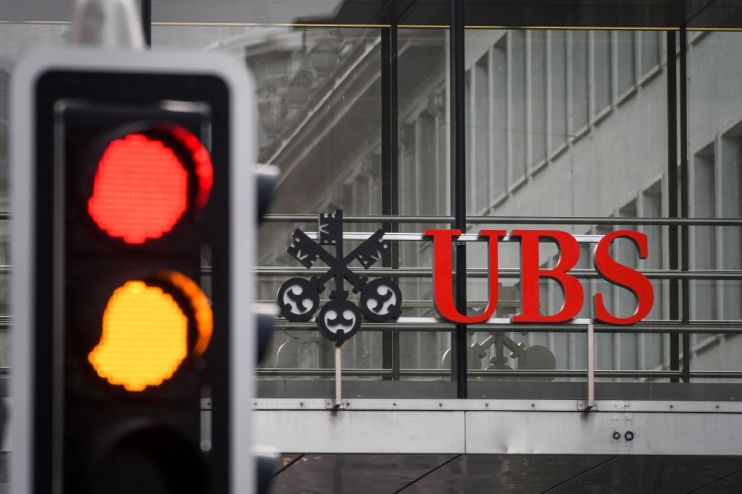UBS wealth arm pessimistic about UK earnings in 2020

UBS Global Wealth Management (GWM) has said it expects earnings growth for UK equities to flatline in 2020, regardless of which party wins the upcoming General Election.
Analysts at the Swiss banking giant’s wealth arm said that if the Tory party wins and pushes through a Brexit deal, the benefits will be limited by fresh uncertainty as Britain sorts out its international trading arrangements.
If Labour wins, UK domestic stocks are likely to suffer under higher corporate tax rates, greater regulation, and potential nationalisation, the bank said in a note to clients.
The judgement came as a leading think tank deemed both parties’ General Election pledges not credible. Labour could oversee capital flight from its radical tax plans, while the Tories could yet cause a no-deal Brexit, the Institute for Fiscal Studies said yesterday.
Yet UBS GWM’s verdict on UK stocks contradicts the bullish tone struck by analysts at Goldman Sachs earlier this week. The difference in opinions highlights the uncertainty clouding the UK outlook.
Goldman urged its clients to take advantage of the fact that UK shares are cheap due to prolonged political uncertainty, saying clarity over Brexit and fiscal stimulus mean the future is bright.
UBS GWM also said that UK equities were “attractively valued”. Yet it said: “The main drivers of UK earnings will likely remain the pound, the oil price, and the global growth picture”.
The Swiss bank said it is bullish on sterling, saying it will strengthen to $1.35 under a Conservative majority. This could hit the FTSE 100 as firms’ overseas earnings become worth less.
Dean Turner, economist at UBS Global Wealth Management, said: “Despite a relatively good year for equity returns in 2019, 2020 looks set to be a flat year for UK earnings.”
“Investors who’ve pinned their hopes on the 12 December poll offering a clear direction of travel will likely be disappointed. In the event of a Conservative majority, Brexit may be ‘completed’, however gains will be capped as the next phase of negotiations ensues.”